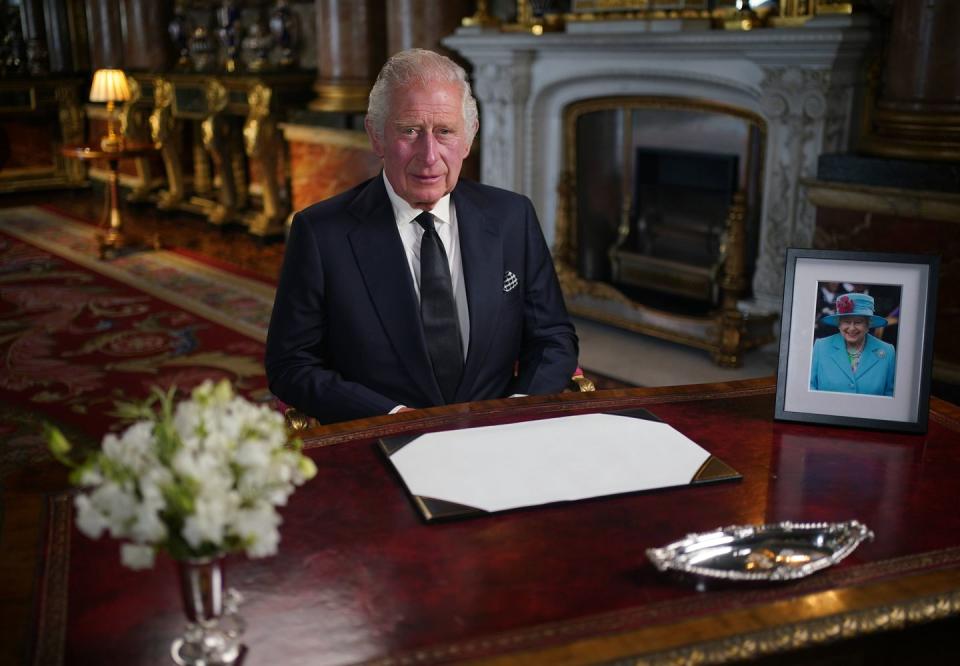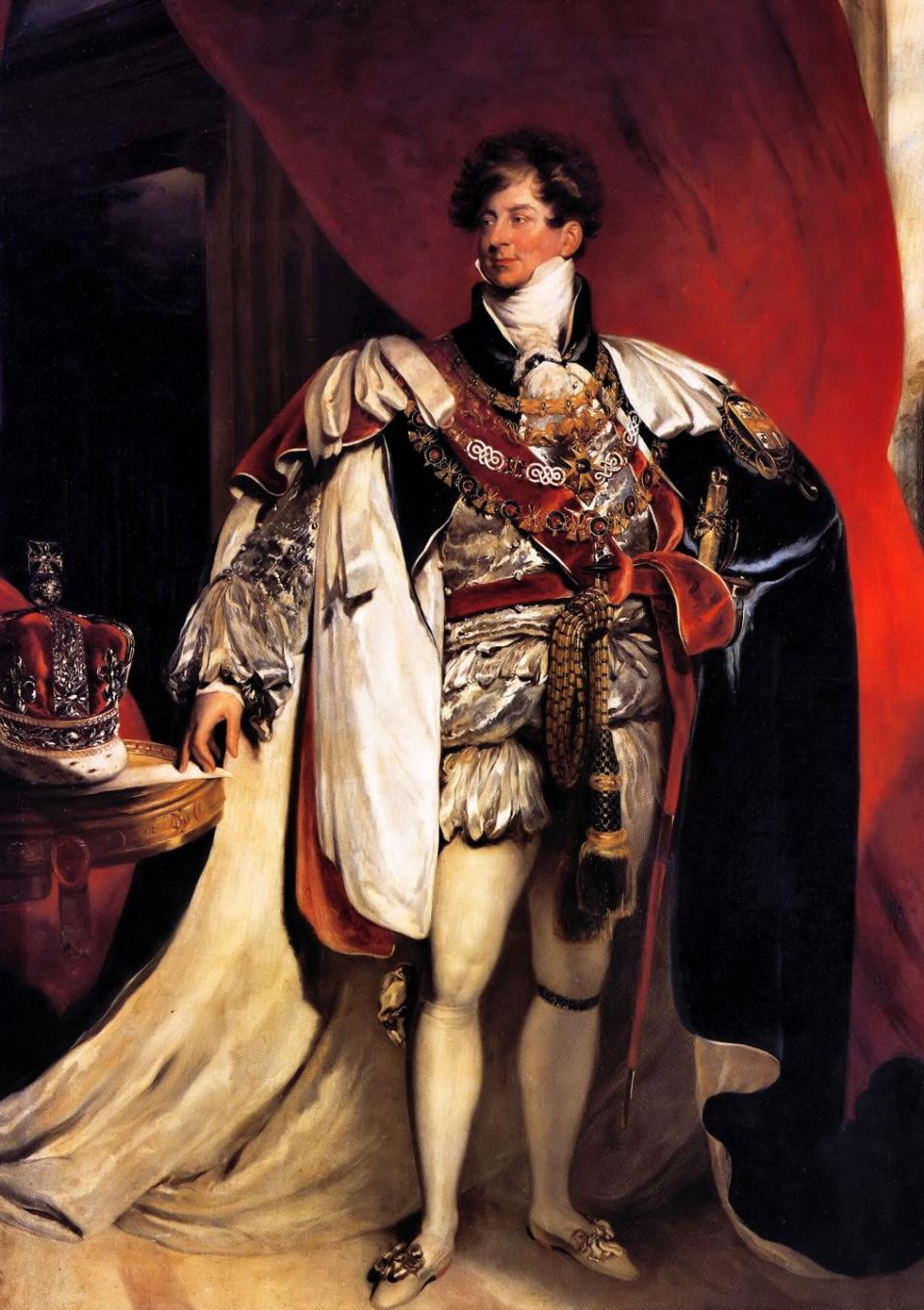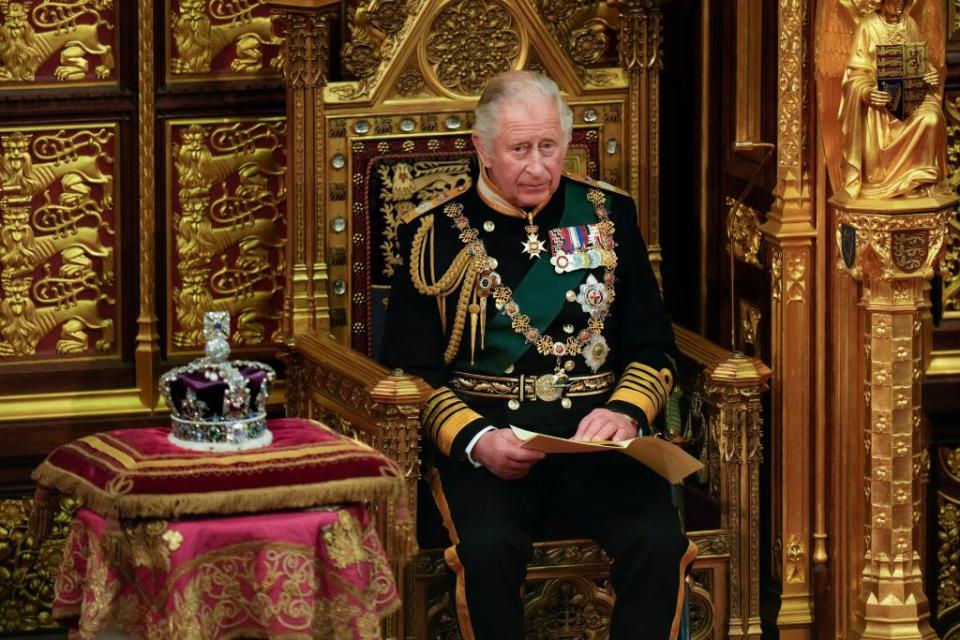What Is a Regency and Who Will Be Named Regent if King Charles Can’t Perform His Duties? What We Know.

It’s not an exaggeration to say that the British royal family is in utter chaos right now, and on top of everything else (read: Kate Middleton’s Photoshop scandal), there are now rumors of an impending Regency. Emphasis on rumors—the Palace hasn’t indicated at all that this could happen. But just in case a #RoyalAnnouncement does end up having to do with a Regent taking over King Charles’s royal duties, let’s familiarize ourselves with what that even means.
First Things First: What Is a Regent?
Gonna let Merriam-Webster step in here. The dictionary defines a Regent as “a person who governs a kingdom in the minority, absence, or disability of the sovereign.” In other words, if King Charles can’t perform his royal duties due to illness, a Regent will temporarily step in and England will enter a Regency.

Is a Regency the Same as an Abdication?
No! Why? Because if there is a Regency, King Charles would still technically be king.
Has a Regency Happened Before?
Sure has! When George III was declared unfit to rule, his son George IV took over and England entered a Regency Era from 1811 to 1820.

^It's called quiet luxury.
So Who Would Take Over for Charles?
The Regency Act of 1937 has it all laid out. First of all, a bunch of official people have to “declare in writing” that the Sovereign is “by reason of infirmity of mind or body incapable for the time being of performing the royal functions.” Once the paperwork is in order, the Soverign’s “functions shall be performed in the name and on behalf of the Sovereign by a Regent.”
Specifically, the Regent is the “next in the line of succession to the Crown”...so, this guy:

The only way Prince William wouldn’t be Regent is if he were “disqualified.” And disqualification would only happen if the person in question (William, in this case) wasn’t a British subject, wasn’t living in the United Kingdom, wasn’t an adult, or was “incapable” of inheriting the crown.
This seems unlikely, but if William ever were to be disqualified, the next in line for Regent would be the person “who would have become Regent if the events necessitating the Regency had occurred immediately after the death or disqualification.” So...Prince Harry!

What Would Prince William’s Title Be?
If we go by George IV’s title as Regent, William would be known as “Prince Regent.”
What About the “Counsellors of State”?
Under the 1937 Regency Act, the monarch’s spouse (Queen Camilla) as well as the next four adults in line to the throne (Prince William, Prince Harry, Prince Andrew, and Princess Beatrice) can be—according to The Telegraph—“deployed as counsellors of state on official business.”
But this isn’t the same as a Regency. Counsellors of State are typically used on a temporary basis—like when Prince William and then-Prince Charles attended the State Opening of Parliament on behalf of Queen Elizabeth II, pictured below.

According to University College London, Counsellors of State also have some major restrictions. For example they can’t appoint a Prime Minister or dissolve Parliament when stepping into the monarch’s shoes.
Oh, and just FYI, back in September 2022, King Charles began the process of changing up his Counsellors of State list to make it only working members of the royal family— meaning Prince Harry, Prince Andrew, and Princess Beatrice wouldn’t be able to take over for him on a temporary basis.
’Kay, that’s all—you are now an expert on all things Regency in case anyone asks!
Bet You’re Pretty Curious About Prince Harry’s Net Worth, Huh?

Kate Middleton’s Net Worth Was Enormous Before Joining the Royal Family—and Now It’s Even Bigger

Wow, okay, so the Middletons are loaded.
Time to Go Inside King Charles III’s Massive Net Worth

Queen Elizabeth left him truly 🤯 amounts of money.
You Might Also Like


